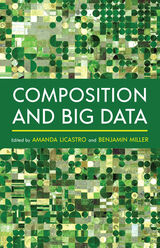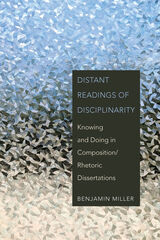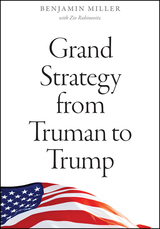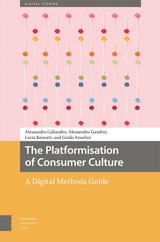
In a data-driven world, anything can be data. As the techniques and scale of data analysis advance, the need for a response from rhetoric and composition grows ever more pronounced. It is increasingly possible to examine thousands of documents and peer-review comments, labor-hours, and citation networks in composition courses and beyond. Composition and Big Data brings together a range of scholars, teachers, and administrators already working with big-data methods and datasets to kickstart a collective reckoning with the role that algorithmic and computational approaches can, or should, play in research and teaching in the field. Their work takes place in various contexts, including programmatic assessment, first-year pedagogy, stylistics, and learning transfer across the curriculum. From ethical reflections to database design, from corpus linguistics to quantitative autoethnography, these chapters implement and interpret the drive toward data in diverse ways.

Writing studies has long been marked by a multitude of methods and interlocking purposes, partaking of not just humanities approaches but also social scientific ones, with data drawn from interviews and surveys alongside historical and philosophical arguments and with corpus analytics in large-scale collections jostling against small-scale case studies of individuals. These areas of study aren’t always cleanly separable; shifting modes mark the discipline as open and welcoming to many different angles of research. The field needs to embrace that vantage point and generate new degrees of familiarity with methods beyond those of any individual scholar.
Not only a training genre and not only a knowledge-making genre, the dissertation is also a discipline-producing genre. Illustrating what the field has been studying, and how, Distant Readings of Disciplinarity supports more fruitful collaborations within and across research areas and methods.

American foreign policy is the subject of extensive debate. Many look to domestic factors as the driving forces of bad policies. Benjamin Miller instead seeks to account for changes in US international strategy by developing a theory of grand strategy that captures the key security approaches available to US decision-makers in times of war and peace.
Grand Strategy from Truman to Trump makes a crucial contribution to our understanding of competing grand strategies that accounts for objectives and means of security policy. Miller puts forward a model that is widely applicable, based on empirical evidence from post-WWII to today, and shows that external factors—rather than internal concerns—are the most determinative.
READERS
Browse our collection.
PUBLISHERS
See BiblioVault's publisher services.
STUDENT SERVICES
Files for college accessibility offices.
UChicago Accessibility Resources
home | accessibility | search | about | contact us
BiblioVault ® 2001 - 2024
The University of Chicago Press









